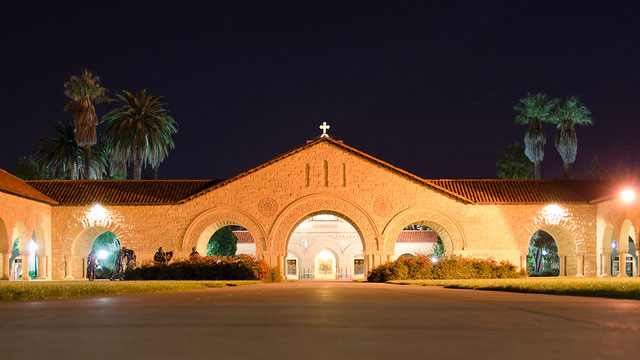Three Stanford scientists did not “directly participate” in a project to create the first CRISPR babies, the New York Times reports.
The context: The inquiry by Stanford University, which was first revealed by MIT Technology Review, was tasked with looking into what several high-profile faculty members knew about a project by Chinese researcher He Jiankui He to create the world’s first gene-edited babies (here is a brief summary of everything we know about that experiment so far).
The report: The university probe cleared three of its professors of wrongdoing, most notably Stephen Quake, a biophysicist who was He’s advisor when he was doing postdoctoral research at Stanford. Stanford said Quake did not directly help He with his subsequent gene-editing experiment. In a statement, the university said none of the professors had any financial or organizational ties to the work. In fact, the report claims, Quake tried to persuade He to abandon the project, and to follow proper protocols after he insisted on pursuing it.
The wider context: Since He announced the birth of the gene-edited twins Lulu and Nana in November, questions have been raised within the scientific community about who knew about the work, and what they should have done about it. Although this investigation is closed, questions over what scientists should do when confronted with ethically questionable research remain.
Sign up here to get your dose of the latest must-read news from the world of emerging tech in our daily newsletter The Download.

